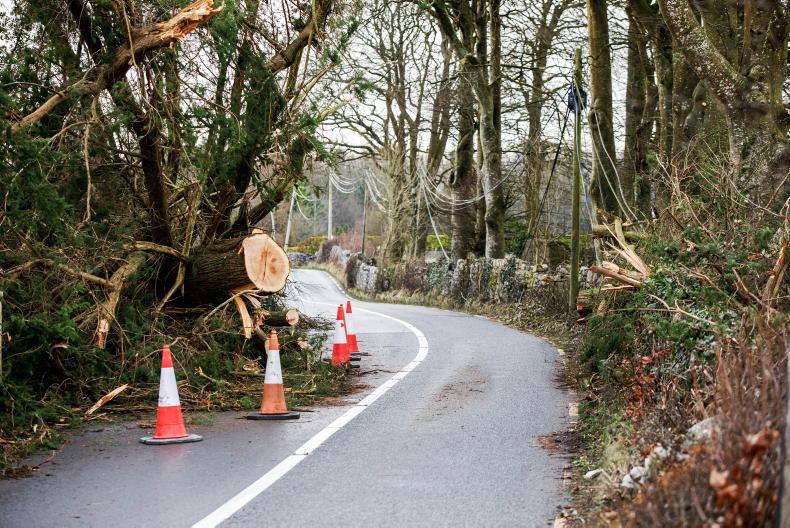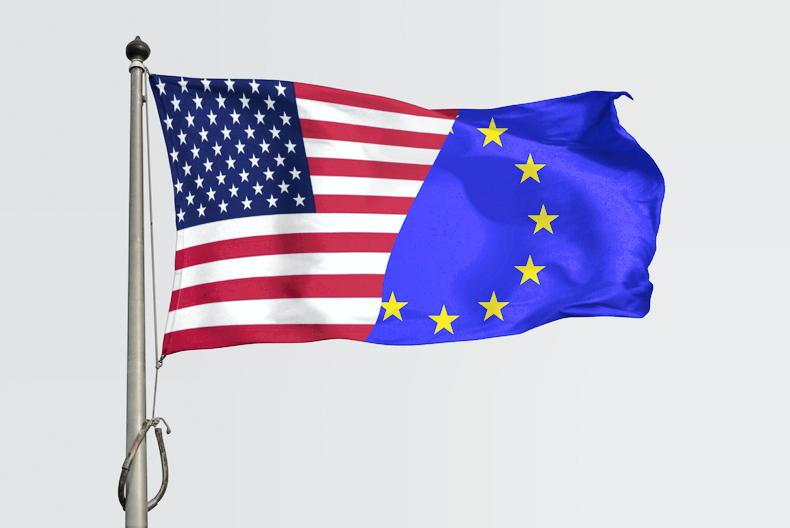UK prime minister Theresa May has written to European Council president Donal Tusk to request an extension until 30 June to pass the Brexit withdrawal agreement.
Under the current deadlines agreed between the European Council and the UK government, the UK was supposed to pass the agreement last week and stay in the EU until 22 May to organise its exit accordingly, or reject the agreement and crash out on 12 April.
British MPs have voted to reject both the agreement and crashing out.
Prime minister May this week started talks with opposition leader Jeremy Corbyn and wrote this Friday to President Tusk that "the government is determined to bring this process to a resolution quickly".
If this is successful, she warned that implementing the agreement in domestic law would take time and the UK may need to stay in the EU until 30 June to achieve this and leave the EU in an orderly manner.
This raises the issue of UK participation in the European election next month. EU leaders rejected a previous request from Prime minsiter May for a late June extension last month for that reason.
They are set to hold a special Brexit meeting of the European Council next week to discuss the situation.
Central Bank warning
Meanwhile the Central Bank of Ireland said in its latest quarterly bulletin this Friday that its economic growth forecast of 4.2% this year and 3.6% next year was based on the asumption of a Brexit deal.
"This would not be the case for a disorderly, no-deal Brexit, however," the bank warned. "Certain sectors and regions would be disproportionately affected, particularly agriculture and food sectors as well as border regions and other rural regions with a heavy reliance on agriculture and a particular reliance on the UK as an export market."
Jobs in the agri-food sector would be most severly hit.
The Central Bank's forecast is also based on the sterling exchange rate remaining stable at €1=£0.88. However the bank warned in its previous bulletin in January that a no-deal Brexit could cause the value of sterling to fall by 10%, bringing it to €1=£0.97 and causing an equivalent rise in the price of Irish agri-food exports for British buyers.
Read more
'Additional resources' but no details on border checks from EU
UK edges towards softer Brexit
UK prime minister Theresa May has written to European Council president Donal Tusk to request an extension until 30 June to pass the Brexit withdrawal agreement.
Under the current deadlines agreed between the European Council and the UK government, the UK was supposed to pass the agreement last week and stay in the EU until 22 May to organise its exit accordingly, or reject the agreement and crash out on 12 April.
British MPs have voted to reject both the agreement and crashing out.
Prime minister May this week started talks with opposition leader Jeremy Corbyn and wrote this Friday to President Tusk that "the government is determined to bring this process to a resolution quickly".
If this is successful, she warned that implementing the agreement in domestic law would take time and the UK may need to stay in the EU until 30 June to achieve this and leave the EU in an orderly manner.
This raises the issue of UK participation in the European election next month. EU leaders rejected a previous request from Prime minsiter May for a late June extension last month for that reason.
They are set to hold a special Brexit meeting of the European Council next week to discuss the situation.
Central Bank warning
Meanwhile the Central Bank of Ireland said in its latest quarterly bulletin this Friday that its economic growth forecast of 4.2% this year and 3.6% next year was based on the asumption of a Brexit deal.
"This would not be the case for a disorderly, no-deal Brexit, however," the bank warned. "Certain sectors and regions would be disproportionately affected, particularly agriculture and food sectors as well as border regions and other rural regions with a heavy reliance on agriculture and a particular reliance on the UK as an export market."
Jobs in the agri-food sector would be most severly hit.
The Central Bank's forecast is also based on the sterling exchange rate remaining stable at €1=£0.88. However the bank warned in its previous bulletin in January that a no-deal Brexit could cause the value of sterling to fall by 10%, bringing it to €1=£0.97 and causing an equivalent rise in the price of Irish agri-food exports for British buyers.
Read more
'Additional resources' but no details on border checks from EU
UK edges towards softer Brexit








SHARING OPTIONS